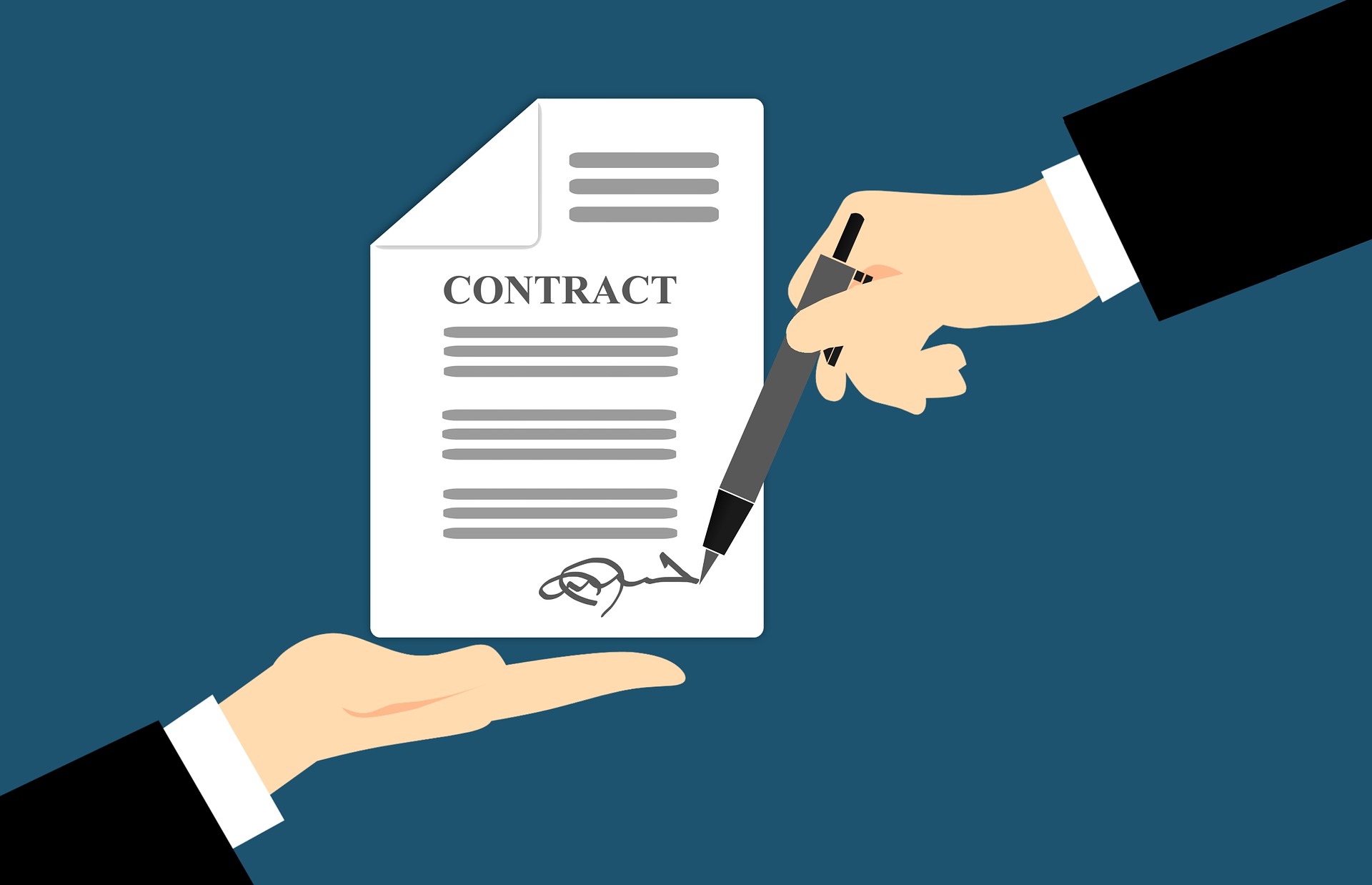November 10, 2025
Navigating AI Partnerships: Essential Contract Terms for Success

In an era where technology collaborations shape the future, Artificial Intelligence (AI) stands out, especially when driven by strategic partnerships with vendors supplying everything from specialized models to essential data inputs. But these relationships, while vital, introduce potential risks. If a vendor's AI system malfunctions, violates privacy laws, or misuses data, it's your company that faces the fallout. How do businesses mitigate these risks? Through meticulously crafted vendor agreements.
For in-house counsel, these contracts are paramount, not only for legal shielding but also as a blueprint for AI development, maintenance, and governance across the partnership’s lifespan. A robust AI contract begins with precise definitions of responsibility. It’s crucial to stipulate who is accountable if the AI system fails to meet performance benchmarks or legal standards. This clarity extends to ensuring vendors abide by current laws and are quick to adapt to legislative changes that might affect the AI tools in use.
Operational transparency is another cornerstone. Companies must demand access to comprehensive documentation—how the AI system operates, the origins of its data, and the logic behind its decisions. Such transparency is necessary not only for internal oversight but also for regulatory compliance and customer trust.
Intellectual property rights in AI are complex and thus require clear contractual definitions. Who owns the AI model? The data? The outputs? Contracts must address these questions head-on to avoid future legal entanglements over licensing, exclusivity, and data usage rights.
Data governance is another critical area. Contracts should define how data is handled, stored, and protected, and outline the specific conditions under which it can be used for further AI training. Setting these standards helps ensure adherence to privacy laws and aligns with corporate data policies.
Since AI systems evolve, contracts must also manage change. They should mandate vendor notifications and company approvals for significant updates or changes in data use. Moreover, having clear termination rights is crucial, providing an exit strategy if the vendor fails to comply or if the partnership no longer serves your company’s needs.
In conclusion, AI vendor contracts are strategic tools that go beyond risk management. They enable companies to deploy AI responsibly and ensure vendor operations are in line with business objectives and ethical standards. By moving from generic agreements to tailored AI-specific clauses, in-house counsel can safeguard their companies and foster a collaborative environment conducive to innovation and mutual trust.